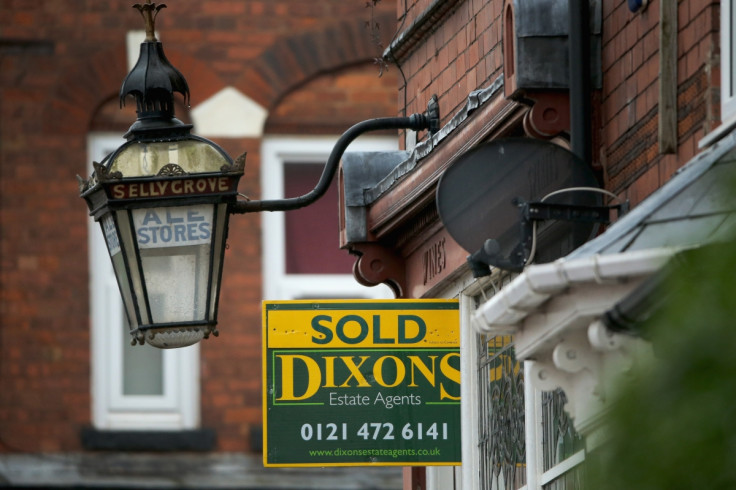UK house prices in sudden slowdown as buy-to-let investor surge wears off

House price growth slowed dramatically in April as the effects of a late surge of buy-to-let investors, trying to buy property before a stamp duty hike wore off. Chancellor George Osborne put an extra 3% levy on top of basic stamp duty rates for additional property purchases, a move aimed at cooling buy-to-let demand, which came in to effect from 1 April.
Nationwide said, in its House Price Index for April, that the average UK price grew 4.9% over the year, compared to a 5.7% annual rise in March. Month-on-month, the average UK house price rose 0.2% in April, down from 0.5% in March. The average price is now £202,436, equivalent to 7.5 times the median annual salary of £27,000.
"This slowdown returns the annual pace of house price growth to the fairly narrow range between 3% and 5% that had been prevailing since the summer of 2015," said Robert Gardner, chief economist at Nationwide.
"It remains to be seen if there is now a lull in demand across the market consequential to this 3% levy being applied," said Russell Quirk, founder of the online estate agent eMoov. "However with interest rates at a relentless low and mortgage products now at record-breaking attractiveness to all, including first-time buyers, I don't believe the market will slow as much as forecast over the coming months."
Affordability issues may constrain future demand in the housing market, as first-time buyers struggle to save for a deposit or secure a mortgage large enough. The Bank of England has restricted mortgage lending, over concerns the market was at risk while interest rates are at record lows. Lenders can only comprise 15% of their new mortgage lending with loans worth more than 4.5 times the applicant's income.
Moreover, demand is subdued ahead of the European Union referendum on 23 June, in which Britain may vote to leave the 28-member state trading bloc, an unprecedented move that carries political and economic uncertainty. As a consequence, many property investors and construction firms have stalled their activity until the result of the referendum is known.
But a weak housing supply is underpinning house prices in many areas of the UK. Housebuilding is running significantly short of demand, particularly in London and the south east of England, where housing is in shortest supply. Estimates vary about the level of demand, but most fall between 200,000 and 300,000 new units a year in England alone. Government statistics show there were just 142,890 housing completions in England in 2015, though this is 21% higher than the year before.
© Copyright IBTimes 2025. All rights reserved.






















